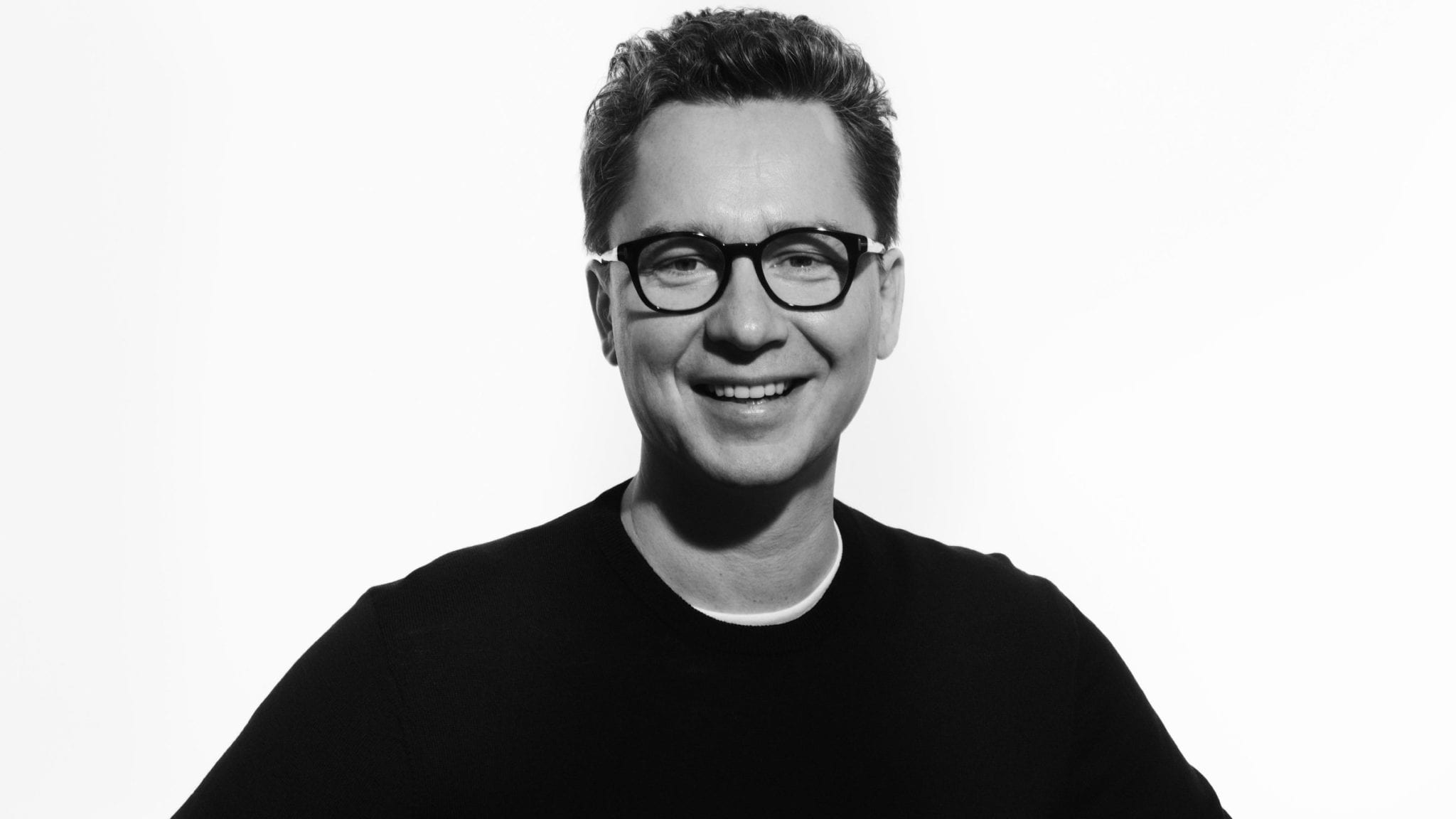
Peter Diamandis' right hand man Sergey Young wants to reverse aging via his $100M Longevity Vision Fund
Inspired by British billionaire Jim Mellon, chairman of anti-aging upstart biotech venture Juvenescence, Sergey Young unveiled a $100 million fund on Monday to catalyze …
Sign up to read this article for free.
Get free access to a limited number of articles, plus choose newsletters to get straight to your inbox.